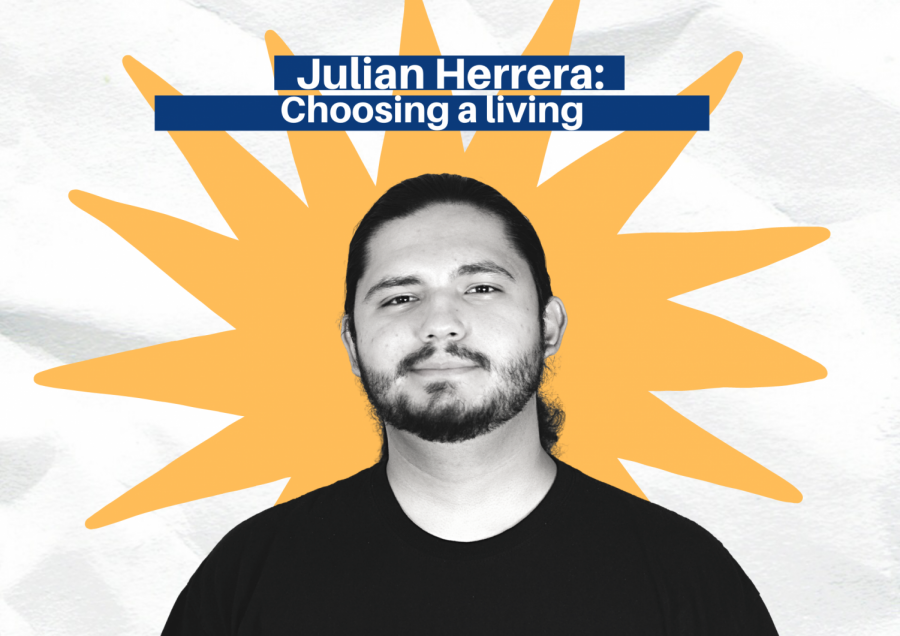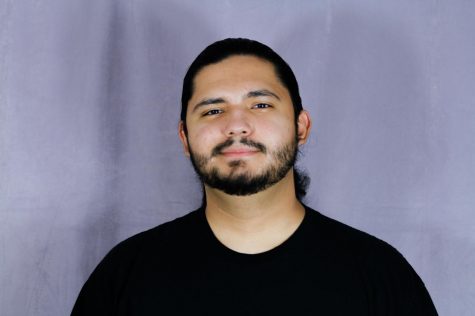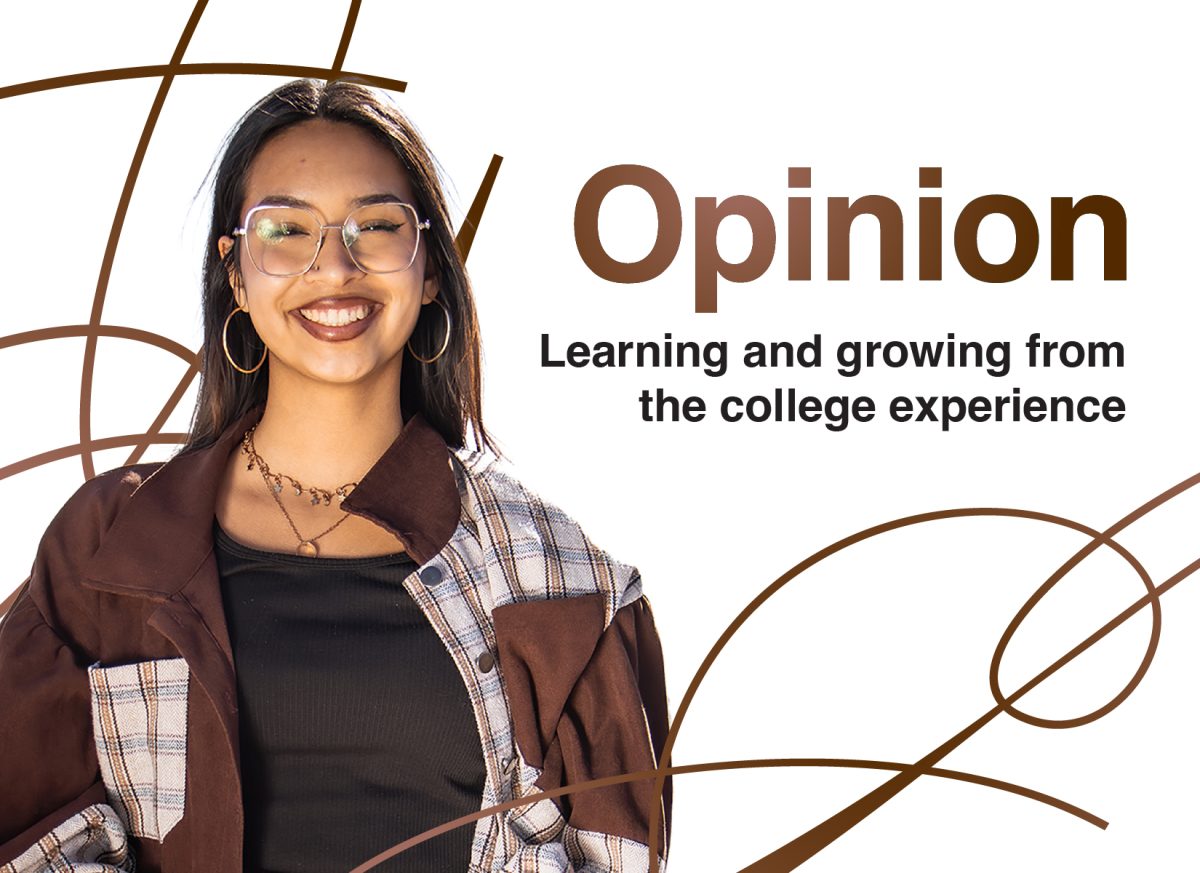The general progression of the pursuit to find a “calling” in life goes from a childhood fascination in a topic, to general adolescent apathy or curiosity with all the time in the world, to the space of a few years to decide what someone should sink thousands of dollars into and hope you enjoy it enough to do it for the rest of your life.
The persistent societal pressures of what avenues one must take to decide on their career are long overdue for reassessment. It may have been argued once that the times they are a-changin’ — but with the speed at which we find ourselves accepting the evolution of identity, etiquette in social settings and self-expression through mediums that did not exist even a few short years ago, surely the way we approach choosing a career warrants some consideration.
In all sincerity, the criticism and stigma that pervades the education system which places value on one form of work over another is arguably a key factor in the stifling of creative minds and passions in children and adults alike. The idea that anyone who enjoys manual labor is incapable of going to college and is therefore less intelligent or useful, and vice versa, is a residual effect of classism and a perceived difference between affluent and privileged individuals and those that suffer social and economic disparities simply because one chose to receive an education.
A longitudinal study in the “Journal of Diversity in Higher Education” found that institutional classism predicted greater interpersonal classism and lower work volution amongst undergraduate students interviewed five times over the course of a semester, which directly reflected the plight of economically and socially marginalized individuals in an institutional setting. Arguably, however, the devaluation of work or effort begins long before then.
Off-hand remarks about becoming a sanitation worker if you fail to obtain a college degree perpetuates a culture of elites and undesirables. Even amongst those that are privileged enough to attend an institution of higher education, pursuing a career in the arts is deemed worthless or a “dead-end” against a degree in engineering or mathematics. In truth, there will be no progression in the seemingly endless pursuit of equity until there is a shift towards consolidating the efforts of the common person, the compassionate, the commanders and the compartmentalizing social machine.
There is no reason to discourage the exploration of passions and the ingenuity of people young and old. Our understanding of the complexity of human thought is not nearly comprehensive enough to decide there are only specifically defined and constrictive ways in which we are capable of learning or developing new skills. All the same, there is no benefit to giving in to self-inhibition when choosing a career based on expectations, social assignments, or stigmas. We should be able to discuss alternative avenues of choosing a career with guidance, support, and wisdom that contributes to the development of easier ways to progress in the world.
Choose to live for something, not in spite of choices made for you.
Julian Herrera may be reached at [email protected] and @jay_at_utep on Instagram








